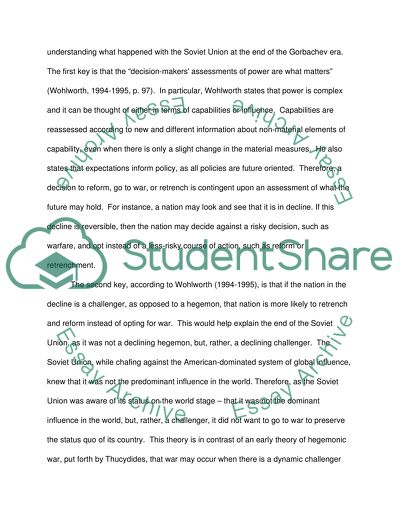Cite this document
(“How Gorbachev's regime come to an end, collapsing the Soviet Union Research Paper”, n.d.)
Retrieved from https://studentshare.org/history/1393653-how-gorbachev-s-regime-come-to-an-end-collapsing
Retrieved from https://studentshare.org/history/1393653-how-gorbachev-s-regime-come-to-an-end-collapsing
(How Gorbachev'S Regime Come to an End, Collapsing the Soviet Union Research Paper)
https://studentshare.org/history/1393653-how-gorbachev-s-regime-come-to-an-end-collapsing.
https://studentshare.org/history/1393653-how-gorbachev-s-regime-come-to-an-end-collapsing.
“How Gorbachev'S Regime Come to an End, Collapsing the Soviet Union Research Paper”, n.d. https://studentshare.org/history/1393653-how-gorbachev-s-regime-come-to-an-end-collapsing.


